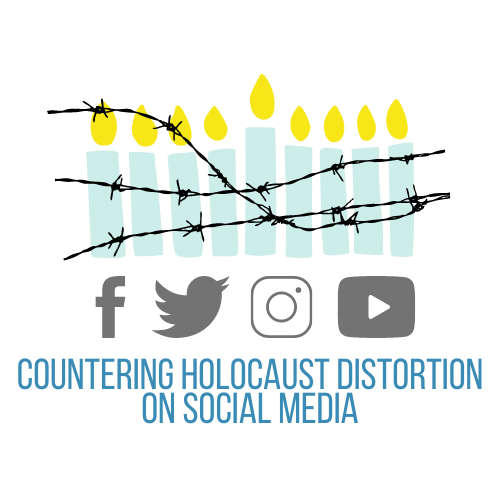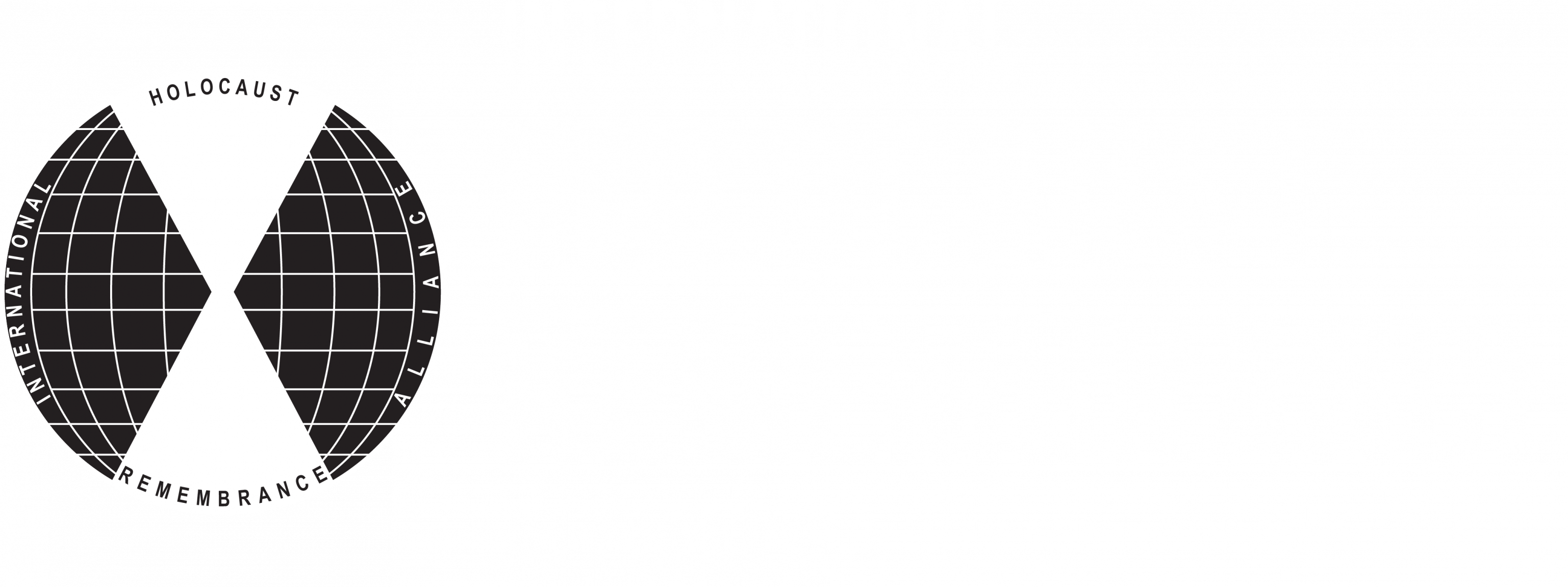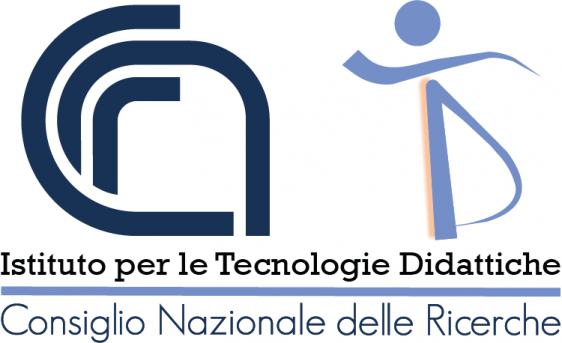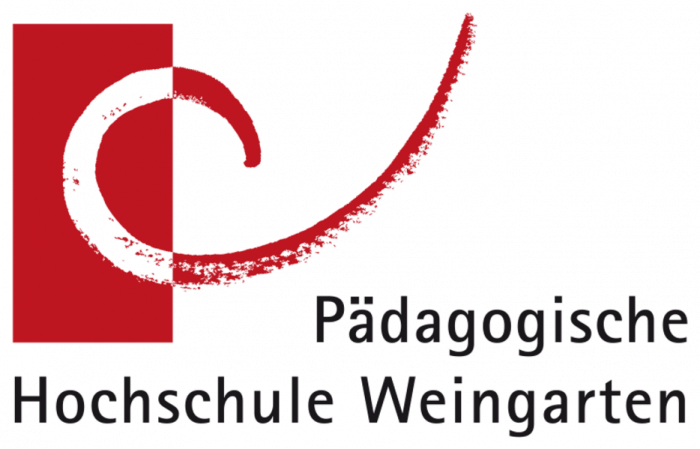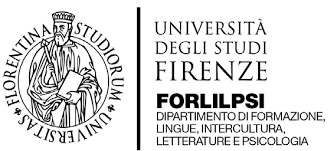Guidelines and recommendations for memorials and museums.
Abuse, excuse, misrepresentation and manipulation of the history of the Holocaust can be found at all levels of society. This is far from a fringe phenomenon: examples may be found in governments that seek to minimize their historical responsibility, conspiracy theorists who accuse Jews of exaggerating their suffering for financial gain, and online users who make use of imagery and language associated with the Holocaust for political, ideological, or commercial purposes unrelated to its history. Regardless of its form, Holocaust distortion and its potential direct or indirect effects – antisemitism, Holocaust denial, conspiracy myths and extreme nationalism – have an international dimension and relevance, and require an international response. As for social media, while their rise has enabled individuals and groups to connect on a global level and to have instant access to information and knowledge, they have also allowed spread and dissemination of hateful content, including antisemitism and Holocaust denial and distortion at an unprecedented rate.
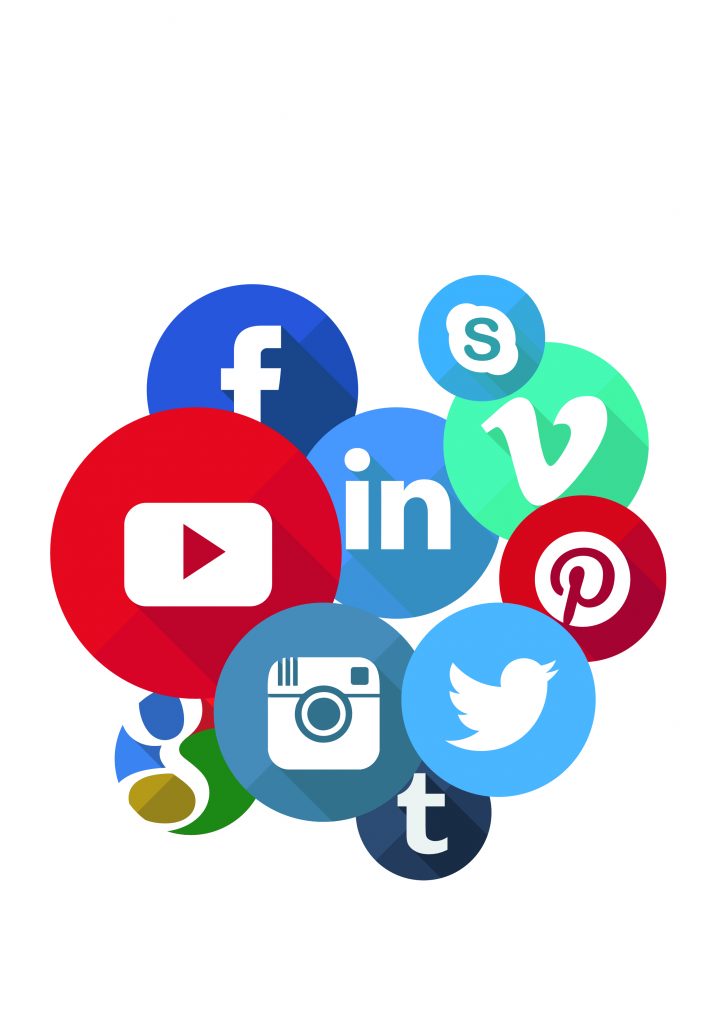
This report aims to provide Holocaust museums and memorials with a set of guidelines and recommendations to counter the phenomenon of Holocaust distortion on social media channels. As these institutions are increasingly important bulwarks against Holocaust distortion, they have manifold opportunities for safeguarding the historical record and need help to face the challenges posed by those who distort the truth. In this light, the report highlights several actions that Holocaust memorials and museums can take to help reduce the impact of different forms of Holocaust distortion on social media.
Unlike Holocaust denial – the attempt to erase the Holocaust from history – Holocaust distortion excuses, minimizes, or misrepresents the Holocaust in a variety of ways and through various media which are not always readily identifiable. While there is broad agreement that Holocaust denial is fuelled by antisemitism, Holocaust distortion is either considered a form of secondary antisemitism or manipulation of Holocaust history and its memory for various purposes. Although irresponsible and abusive history may affect any historical event, today the number of mutations and distortions of Holocaust history are growing and are progressively assuming diverse rampant forms. As there are no single, general measures against all forms of distortion, several specific actions will have to be implemented depending on the geographical or social context.
Addressing the issue of the measures that museums and materials can put in place for this purpose requires a complex holistic approach. Although none can solve or limit the problem, it is important to stress that museums and memorials have several measures at their disposal: to help expand knowledge about the Holocaust especially among young people by adapting provision of content and tone of communication to their media habits; to actively involve the fan/follower community in creating a safe and cooperative environment; to focus on national or local specificities of Holocaust distortion; to identify the difference between intentional distortion and distortion resulting from lack of knowledge; to invest in staff’s professional development and continuing education; and to strengthen international cooperation and exchange by developing networks between memorials and museums and with other Holocaust agencies.
